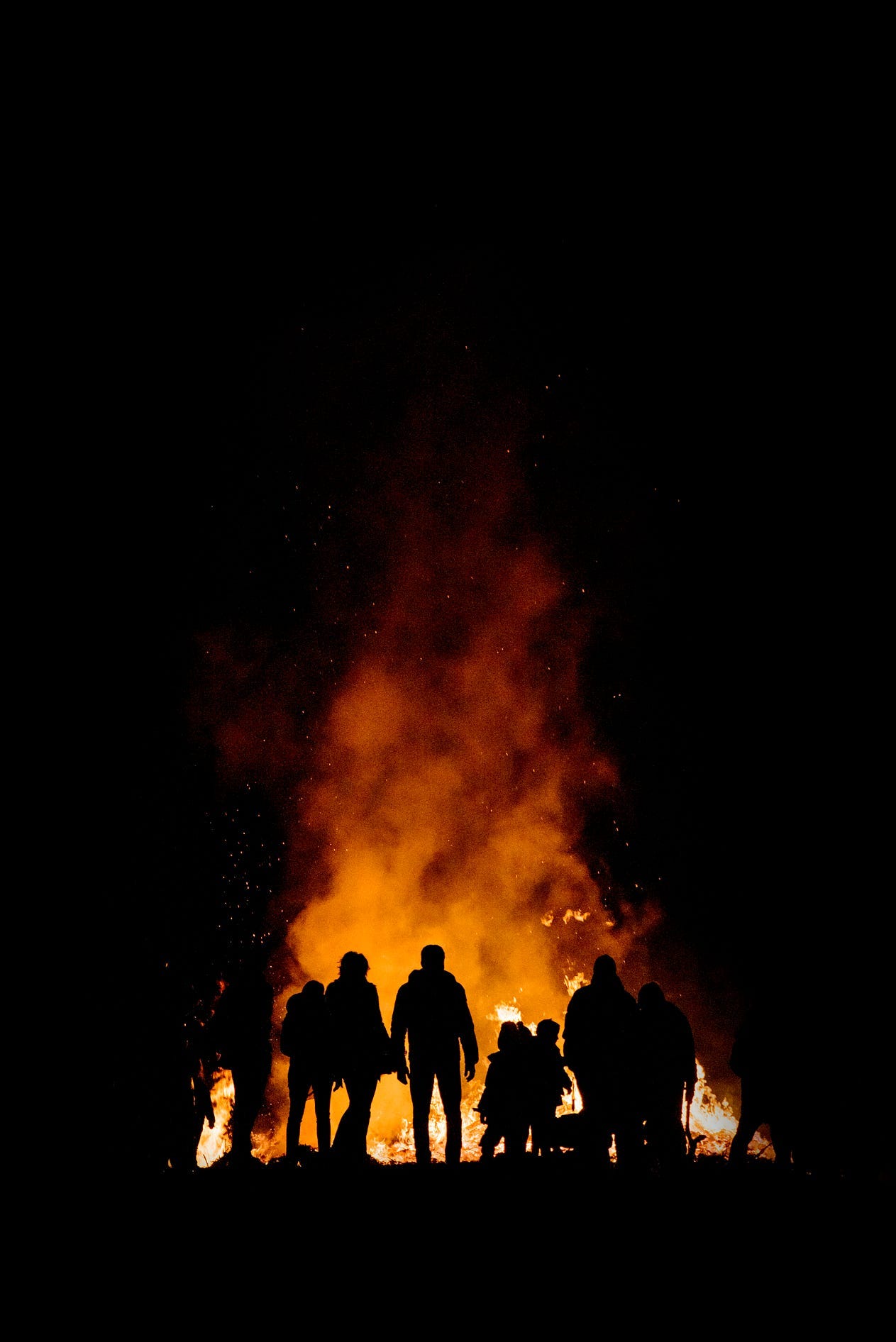
In happier times, there never used to be a feeling of guilt that went along with writing what I wanted to write. It would be an end in itself regardless of the topic. But as I’ve watched democracy erode around me, there’s been a growing sense that the only subject worth talking about is politics.
I think a lot about t…
Keep reading with a 7-day free trial
Subscribe to The Gen Z Report to keep reading this post and get 7 days of free access to the full post archives.

